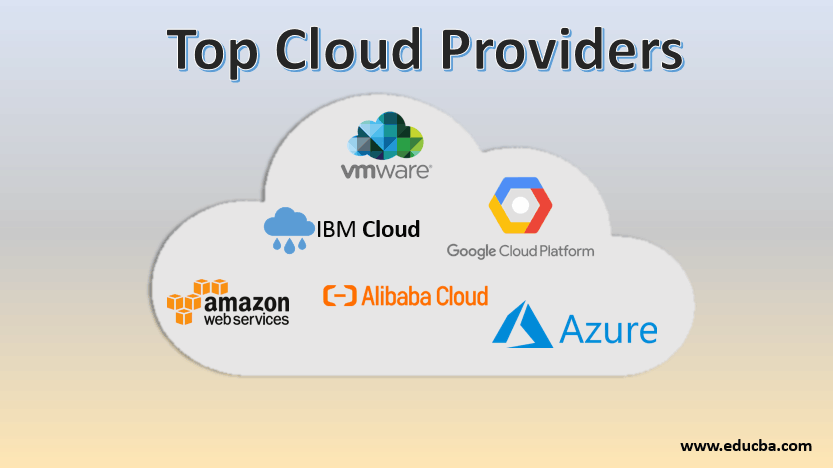In today’s rapidly evolving world, staying up to date with the latest technology trends is essential for personal and professional growth. Whether you are a tech enthusiast or a business professional, learning new technologies can help you stay competitive, improve your skills, and advance your career.
As we move into 2023, here are ten essential technologies that you should consider learning:
- Artificial Intelligence (AI)
Artificial intelligence is one of the most promising technologies of the future, with applications in industries ranging from healthcare to finance to transportation. Learning AI can help you develop skills in machine learning, natural language processing, and data analysis, all of which are in high demand in today’s job market.
- Blockchain
Blockchain technology is transforming the way we do business, with applications in finance, healthcare, and supply chain management. Learning about blockchain can help you understand how this technology works and how it can be used to secure transactions, reduce fraud, and increase transparency.
- Cybersecurity
With the rise of cyber threats and data breaches, cybersecurity is becoming an increasingly important skill in today’s digital age. Learning about cybersecurity can help you understand how to protect your personal and professional data, as well as develop skills in ethical hacking and penetration testing.
- Cloud Computing
Cloud computing is changing the way we store and access data, with benefits including increased scalability, cost-effectiveness, and flexibility. Learning about cloud computing can help you understand how this technology works and how it can be used to store, manage, and process data in the cloud.
- Internet of Things (IoT)
The Internet of Things is a network of interconnected devices that can communicate and exchange data, with applications ranging from smart homes to smart cities. Learning about IoT can help you understand how this technology works and how it can be used to improve efficiency, reduce costs, and increase automation.
- Augmented Reality (AR)
Augmented reality is a technology that overlays digital information on the real world, with applications in gaming, education, and marketing. Learning about AR can help you understand how this technology works and how it can be used to create immersive experiences and enhance user engagement.
- Virtual Reality (VR)
Virtual reality is a technology that creates a simulated environment, with applications in gaming, education, and training. Learning about VR can help you understand how this technology works and how it can be used to create immersive experiences and enhance user engagement.
- Quantum Computing
Quantum computing is a technology that uses quantum mechanics to perform calculations, with potential applications in cryptography, drug discovery, and materials science. Learning about quantum computing can help you understand how this technology works and how it can be used to solve complex problems that are beyond the capabilities of classical computers.
- Edge Computing
Edge computing is a technology that processes data closer to the source, with benefits including reduced latency, improved security, and increased efficiency. Learning about edge computing can help you understand how this technology works and how it can be used to enable real-time processing and analysis of data.
- 5G Networks
5G networks are the next generation of mobile networks, with benefits including increased speed, capacity, and reliability. Learning about 5G networks can help you understand how this technology works and how it can be used to enable new applications and services, such as autonomous vehicles and remote surgery.
In conclusion, learning new technologies is an essential part of personal and professional growth in today’s fast-paced world. Whether you are interested in artificial intelligence, blockchain, cybersecurity, cloud computing, internet of things, augmented reality, virtual reality, quantum computing, edge computing, or 5G networks, there are numerous resources available to help you get started. So why not take the first step today and start learning one of these





